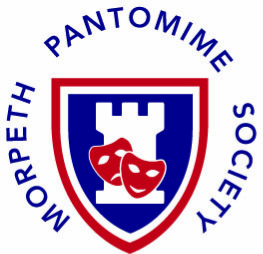|
| ||||||||||||
| single_adult_family_membership.doc | |
| File Size: | 39 kb |
| File Type: | doc |
| single_adult.doc | |
| File Size: | 39 kb |
| File Type: | doc |
| single_adult_family_membership.doc | |
| File Size: | 39 kb |
| File Type: | doc |
| junior_membership.doc | |
| File Size: | 38 kb |
| File Type: | doc |
| joint_adult_family_membership.doc | |
| File Size: | 38 kb |
| File Type: | doc |

